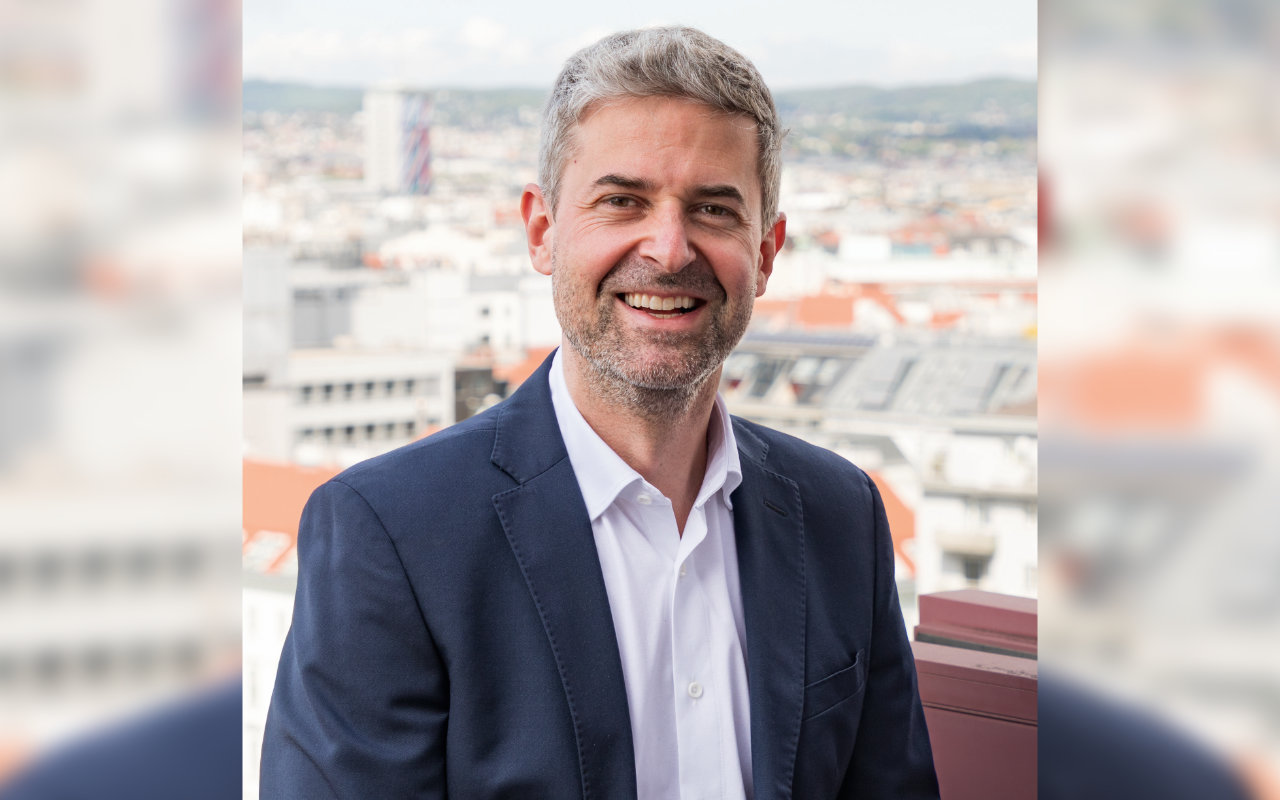The Austrian economy is in its second year of recession. How is tourism doing in this challenging environment?
Matthias Matzer: In general we see a good year for tourism. Unlike many other economic sectors, the industry continues to invest. Most of our clients belong to the quality hotel industry or to the leading companies in their sector. We only fund and support small and medium businesses. If you want to appeal to high-end customers in tourism, you need to invest and continuously improve your offer.
There is much debate about restaurant and hotel prices. Despite this, profitability in the industry appears to be declining. How does that fit?
Mather: People feel that everything is becoming more expensive. This is evident in the food industry and also applies to the hotel industry. However, the increase in prices will hardly affect the hosts or hotels. They often face cost increases – for energy or labor, for example – that are far higher than inflation. Salaries in the industry are significantly higher than the general agreement. In addition to this are the relatively high levels achieved in recent years. Across the industry, employment is actually going down. A poorer result also means worse ratings and therefore less creditworthiness. This can directly affect the funding of companies.
The OeHT is both a bank and a funding agency. What is your business area like?
Mather: Last year we supported a total of 313 projects with different measures, promoting a total investment of 412 million euros in tourism. With our annual funding budget BMAW (Federal Ministry of Labor and Economy, note) of just over 21 million euros for all types of grants, we are already working at full capacity this year. Last year we provided loans (OeHT and erp tourism loans) up to 167 million euros; this year it should be more than 200 million euros. In addition, we have a budget of around 50 million euros in erp tourism loans available every year.
Where are your customers coming from?
Mather: Of the approximately 19,000 commercial accommodation providers throughout Austria, just over 2,000 are OeHT customers. Almost three quarters of our customers work in the high-end hotel industry – four stars and more. Things are challenging right now for the four-star flat. Although there are many suppliers, they currently struggle the most with price enforcement. This is often due to a lack of specialization in the range of services. Competition is intense so price enforcement is difficult.
Where is your main market?
Mather: Completely in the west of Austria. We only fund and support small and medium businesses. Large hotel chains, which are often found in Vienna, are not included. Our customers also include hotels in the city center of Vienna which are still run as classic family businesses. A lot happens there. It is good that we can not only take care of the holiday hotel industry, but also family city hotels.
Why are the most common donations used?
Mather: Most of the investments are made in improving the quality, updating and improving the size of the company. This includes, for example, moving the area from seminar rooms to other rooms or vice versa. Ecological measures such as replacing a boiler or setting up a PV system are smaller in scale and therefore not as large cost blocks. However, investments in green transformation are increasingly important because switching usually pays off economically.
What is the level of satisfaction with such investments and environmental certifications?
Mather: Those businesses that have gone the environmental certification route say it pays off. Usually you have to work intensively on the subject for a few months. After that you will see your own company with different eyes and you will know much better where the adjustment screws and additional saving potential are. In the course of such projects you often come up with new investment ideas.
How much are the average loans?
Mather: They are around 2 million euros for personal loans and 1 million euros for erp tourism loans. We always finance projects together with the company’s bank, because we can finance up to 70 percent of the project costs or take responsibility for up to 80 percent of the loan amount. The Raiffeisen banks are a very important sales partner for us. Loans of up to one million euros can be approved monthly and those up to our loan limit of five million euros can be approved quarterly.
What role does sustainability play in the lending industry?
Mather: We carry out an ESG (environmental, social and corporate governance, note) audit for all financials and questions a total of nine parameters, including energy and water consumption, fluctuations in the company and the number of women in leadership positions. This is just to describe the situation so we know how much the funding started. But these are not exclusion criteria. We especially want to deal with companies that have not yet invested in environmental issues and give them the impetus to deal with the green transformation.
What does OeHT offer these companies?
Mather: The “Green Tourism Loan” of up to a million euros has been available since May, which includes the so-called “Greenium” – an incentive for green investments, so to speak. The usual interest subsidy of 2 percent per annum has been increased to 3 percent per annum for environmental investments. The prerequisite for this is that at least 20 percent of eligible project costs improve energy efficiency, save resources or reduce emissions. We can already see in our pipeline that demand is high. The first tranche of green tourism loans has already been approved.
The ECB has turned interest rates down and taken three interest rate measures since June. Will this increase willingness to invest?
Mather: Hopefully the interest rate reversal will provide further relief. Many in the industry suspect that interest rates will fall even further. This is also where the interest comes from in loans with variable rather than fixed interest rates. Additionally, construction costs appear to be falling slightly, which could be an even bigger boost.
Corona subsidies supported the economy, but there was some criticism afterwards. What is your resume?
Mather: OeHT funding during the pandemic was mainly bridging funding in the form of guarantees that helped secure bank funding. Of the total 1.6 billion euros approved, we still have about half a billion on the books. Most of this will end next year. So far, the failures are in the single digit range very low at around 2.4 percent. This means that we are significantly lower than what was expected at the time.
For us, this is a prime example of how funding should work: it arrived quickly, helped with bank financing, was well received and caused almost no costs to the taxpayer. We do not really see overfunding with this instrument.
2025 is just around the corner. What is your view?
Mather: We are doing well, our “order books” are very full and applications are always coming in. I expect that we will again have a loan amount of more than 200 million euros next year. With any luck, the business will also pick up and the economy will also improve. This should ensure that people enjoy going on holiday.
2024-11-15 09:31:00
#OeHT #Green #investments #rising #Raiffeisenzeitung


